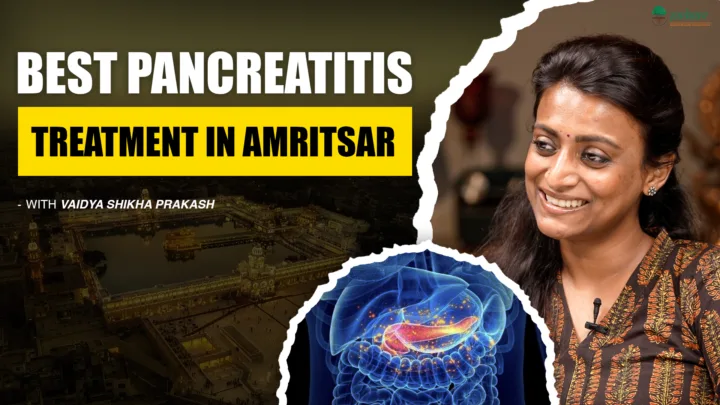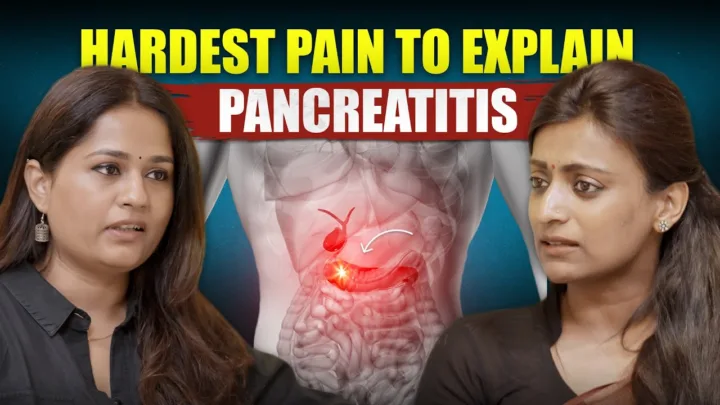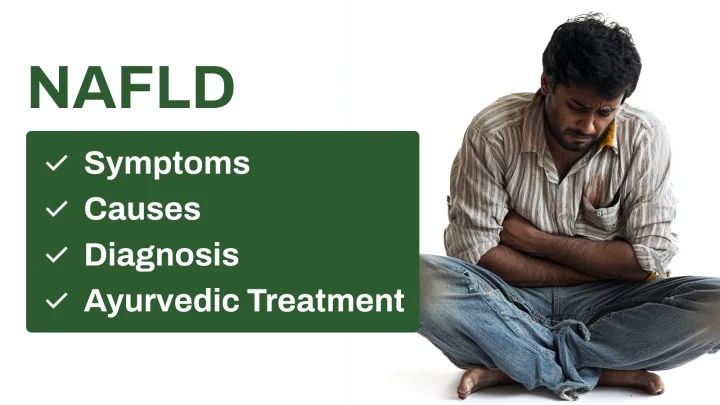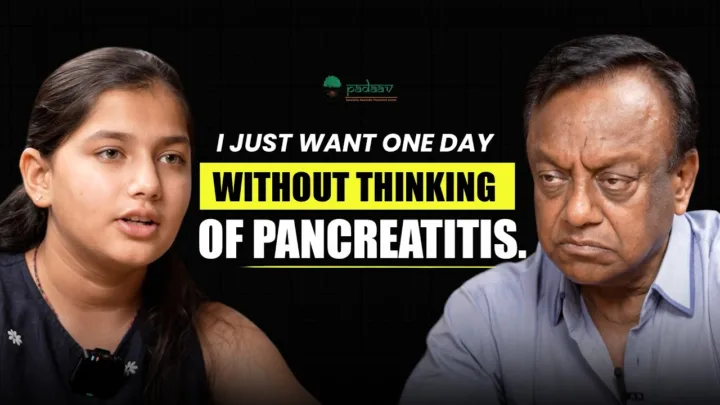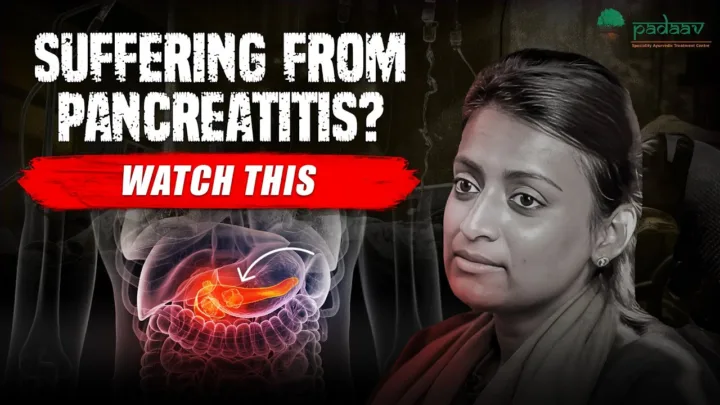Pancreatitis, a disease of the pancreas, is emerging as a significant health challenge in India and worldwide. The pancreas, a small but vital organ situated behind the stomach, plays a crucial role in digestion and blood sugar regulation. However, a modern lifestyle often leads to its dysfunction, with devastating consequences.
The Alarming Rise of Pancreatitis
Pancreatitis was first documented in India in 1937, and in less than a century, the country has become a global leader in the number of cases. This alarming trend is a direct result of the mismatch between our ancestral, Ayurvedic lifestyle and our current modern habits. We no longer follow the traditional routines that maintained our health, nor have we fully adopted the disciplined lifestyles of other cultures, such as the Japanese, who actively engage in activities like playing football to induce sweating and detoxify the body.
The consequences are severe. A study of 1,858 patients revealed that they spent an average of ₹600,000 on medical expenses before even starting effective treatment. The disease is a “byproduct of the modern lifestyle,” characterized by irregular eating habits, lack of physical activity, and a stress-filled life.
Causes and Symptoms
The root cause of pancreatitis lies in the disruption of the body’s natural rhythms, known as the circadian rhythm. The body, including the pancreas, operates on a biological clock that dictates when we should eat, sleep, and be active. When this clock is disrupted, the body goes into a state of “my way or the highway” (Meri Marzi) where it starts to malfunction.
This disruption is often a result of:
- Unhealthy Lifestyle: A life filled with late nights, stress, and a lack of physical exercise increases oxidative stress on the liver and pancreas, leading to inflammation.
- Irregular Eating Habits: Skipping meals, especially breakfast, disrupts the acid-alkaline balance in the stomach. The liver produces bile to digest fat, but if there’s no food, this bile can cause a backup, putting immense stress on the pancreas, as its juices are also alkaline.
- Unbalanced Diet: A traditional Indian diet often included a balanced mix of carbohydrates and proteins, such as dal with roti. However, modern food combinations like “aalu paratha” (potato paratha) or “vada pav” (potato and bun) overload the system with carbohydrates, which the pancreas struggles to process.
Symptoms of Pancreatitis
The symptoms can be insidious and often start with mild discomfort, making it easy to dismiss as simple indigestion or a stomach ache. However, it is a progressive disease. Common symptoms include:
- Pain in the upper abdomen, which may radiate to the back.
- Swelling and tenderness in the abdomen.
- Nausea and vomiting.
- Changes in stool, such as pale, oily, or floating stools (steatorrhea).
- In some cases, the pain can be so severe that it is debilitating, leading to hospitalization.
Treatment and Recovery
Recovery from pancreatitis is a journey that requires a fundamental change in lifestyle. The treatment model is not about a quick fix but about long-term sustainability.
The Role of a Disciplined Routine
The cornerstone of recovery is to restore the body’s natural circadian rhythm. This involves:
- Timely Eating: Eating meals at fixed times, according to the body’s natural hunger cycle. A balanced diet should be followed, with the right combination of carbohydrates, proteins, and fats. For instance, consuming chana (chickpeas), dal, and murmura (puffed rice) with roti is a traditional and balanced approach.
- Adequate Sleep: Sleeping at regular hours, ideally between 10 PM and 6 AM. The body produces melatonin during this time, a hormone that helps reduce inflammation in the liver and pancreas. Staying up late, on the other hand, increases stress and counteracts the body’s healing process.
- Physical Activity: Engaging in regular exercise, such as walking, to promote sweating and improve overall health.
Medications and Duration
The duration of medication is a common concern for patients. Based on decades of empirical data, a patient is typically advised to continue medication for one year. This decision is based on a trial-and-error approach, not on scientific literature, but has shown positive outcomes in 90% of patients. After a year, most patients remain healthy. The medication itself, a blend of mercury, copper, and sulfur, is a proprietary, traditional remedy that has shown remarkable results, even though its scientific mechanism is not fully understood.
A Message of Hope
Pancreatitis is a progressive and frightening disease, but it is not a death sentence. While it can shorten one’s lifespan, with proper care and a disciplined lifestyle, patients can live long and fulfilling lives. The disease is not necessarily hereditary; it is a wake-up call to change one’s life. The goal is to make the necessary changes and not fall into the trap of an unbalanced, “Meri Marzi” lifestyle.
Shifting Your Perspective
The journey of recovery from pancreatitis is also a mental and emotional one. The disease can be a transformative experience, forcing a person to re-evaluate their priorities.
- Managing Mental Health: Patients often experience severe stress, anxiety, and depression. A shift in perspective, focusing on the present and accepting what cannot be changed, is crucial. This can be achieved through meditation, mindfulness, and focusing on a purposeful life.
- Work-Life Balance: If a job, such as shift work, is disrupting the body’s natural sleep cycle, it may be necessary to find a more suitable alternative. The body’s biological clock is not flexible and requires a consistent routine to function optimally.
- Dealing with Social Stigma: Many patients, especially those with a history of alcohol use, face judgment and stigma from society and even medical professionals. However, it’s important to remember that most cases of pancreatitis are not caused by alcohol. It is a misconception that often leads to a misdiagnosis.
The path to recovery is about making a conscious choice to prioritize health. It is about understanding that while we have control over our actions, the outcomes are not always in our hands. By embracing a disciplined routine and a positive mindset, it is possible to not only overcome the disease but also live a healthier and more fulfilling life.

